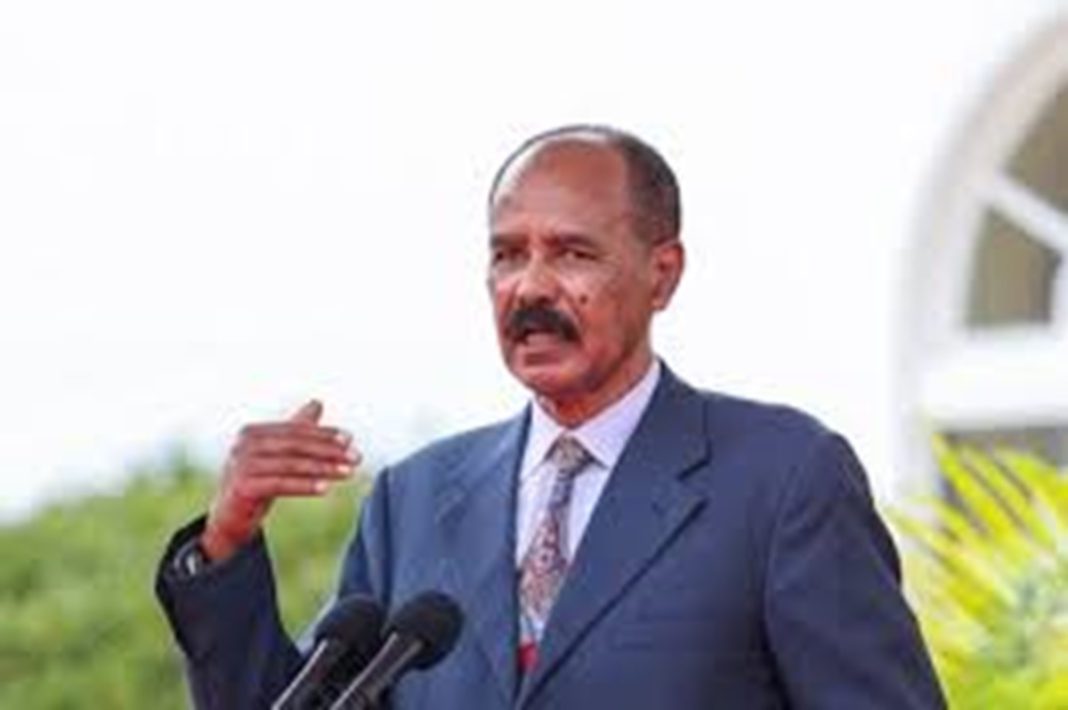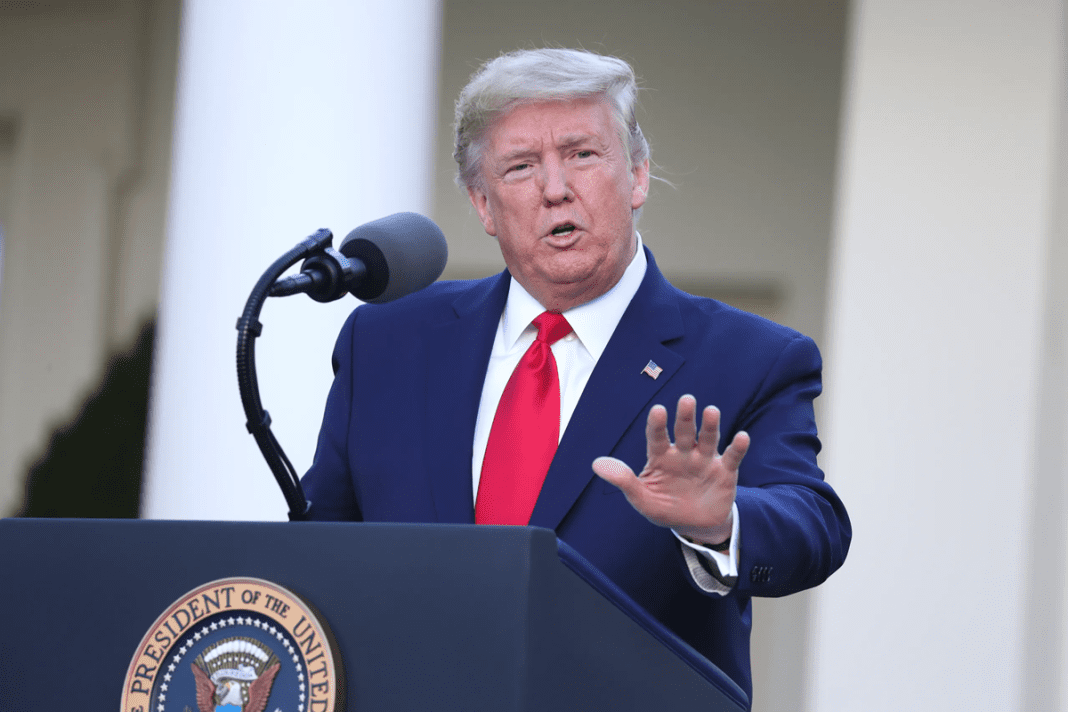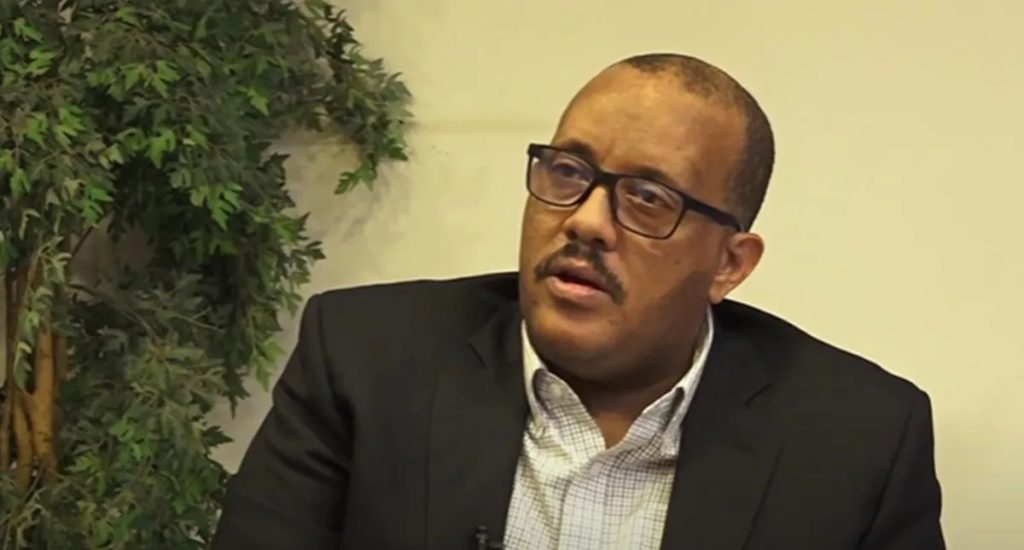In a televised address, Eritrean President Isaias Afwerki tackled pressing regional issues, including the Tigray conflict, Ethiopia’s federal system, and Eritrea’s relations with neighboring countries. His speech outlined Eritrea’s vision for peace in the Horn of Africa while addressing allegations of Eritrean involvement in the Tigray war.
Ethiopia’s Federal Constitution Blamed for Unrest
President Isaias criticized Ethiopia’s 1994 federal constitution, describing it as a “foreign-imposed framework” that promotes ethnic divisions and fuels internal strife. He attributed Ethiopia’s ongoing challenges, including the unrest in the Tigray and Amhara regions, to this constitutional structure.
“The constitution isn’t just a trigger for reform, nor is it a tool to expand national development,” said Isaias, emphasizing that Ethiopia must achieve internal peace before realizing regional cooperation.
Eritrea Accused of Provoking the Tigray War
Eritrea has faced widespread accusations of playing a central role in igniting the Tigray war. Critics point to President Isaias’s statements before the war, including his declaration to “game over Weyane,” as evidence of his plans to intervene militarily. The phrase, aimed at the Tigray People’s Liberation Front (TPLF), suggested Eritrea was actively preparing for conflict alongside Ethiopia’s federal government.
Despite Isaias’s claims that Eritrean forces acted in self-defense following rocket attacks by the TPLF, analysts argue that Eritrea’s deep-seated hostility toward the TPLF played a pivotal role in escalating tensions. Eritrean troops were heavily involved in the conflict, with numerous reports of human rights violations during the war.
Regional Collaboration: Somalia, Egypt, and Ethiopia
- Somalia: The president praised growing ties with Somalia, citing frequent diplomatic exchanges, including multiple visits by Somalia’s president to Eritrea.
- Egypt: Eritrea and Egypt share mutual concerns over Ethiopia’s Grand Ethiopian Renaissance Dam (GERD), with Isaias suggesting increased collaboration on the issue.
Foreign Interference Criticized
Isaias accused external actors of destabilizing the Horn of Africa, alleging their involvement in sparking regional conflicts. He urged nations to resist foreign influence and focus on fostering trust and cooperation.
Looking Ahead: Eritrea’s Vision for Peace
The president concluded his address with a call for unity and collaboration in the Horn of Africa, expressing optimism about the potential for sustainable agreements among regional nations.
Key Takeaways
- Ethiopia’s ethnic federalism was blamed for internal conflicts.
- Eritrea’s alleged role in the Tigray war remains a point of contention.
- President Isaias’s pre-war rhetoric indicates potential premeditation of conflict.
- Growing relations with Somalia and Egypt reflect Eritrea’s regional priorities.
- Foreign interference remains a concern for Eritrean leadership.
Conclusion
President Isaias Afwerki’s address sheds light on Eritrea’s controversial role in the Tigray conflict and its broader aspirations for peace in the Horn of Africa. However, his pre-war statements and military actions raise questions about Eritrea’s accountability in destabilizing the region.





